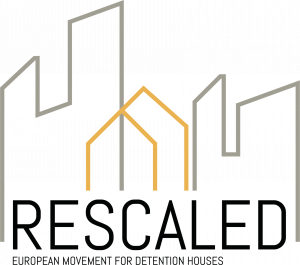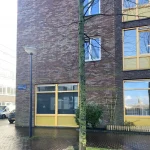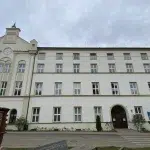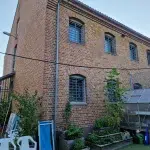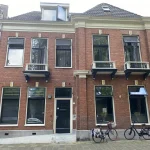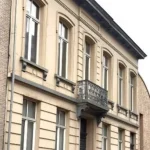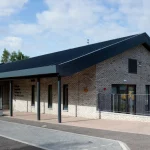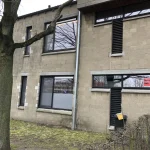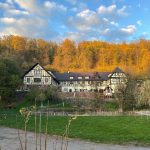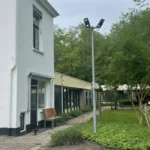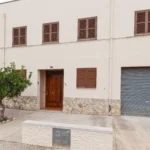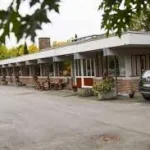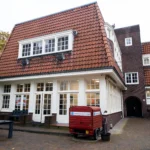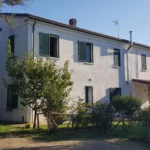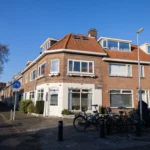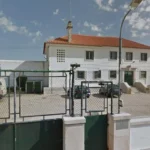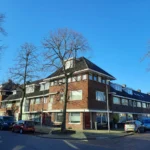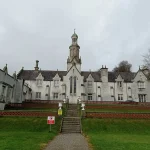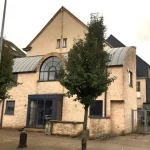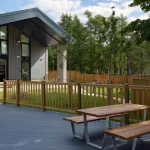Detention Houses are integrated within the local community and located at an accessible distance from the incarcerated persons’ own social network and the community in which they will be living after release. This enables a dynamic interaction with the local community and collaboration with local stakeholders such as teachers, psychologists, health care professionals and social workers. By using existing community services and offering shared services to local residents, detention houses establish meaningful connections with the community that can enhance reintegration. A social restaurant, a supermarket, a repair shop or the sale of home-grown vegetables are collaborative projects in which incarcerated people can participate, not only for personal fulfilment but also to benefit society as a whole.
